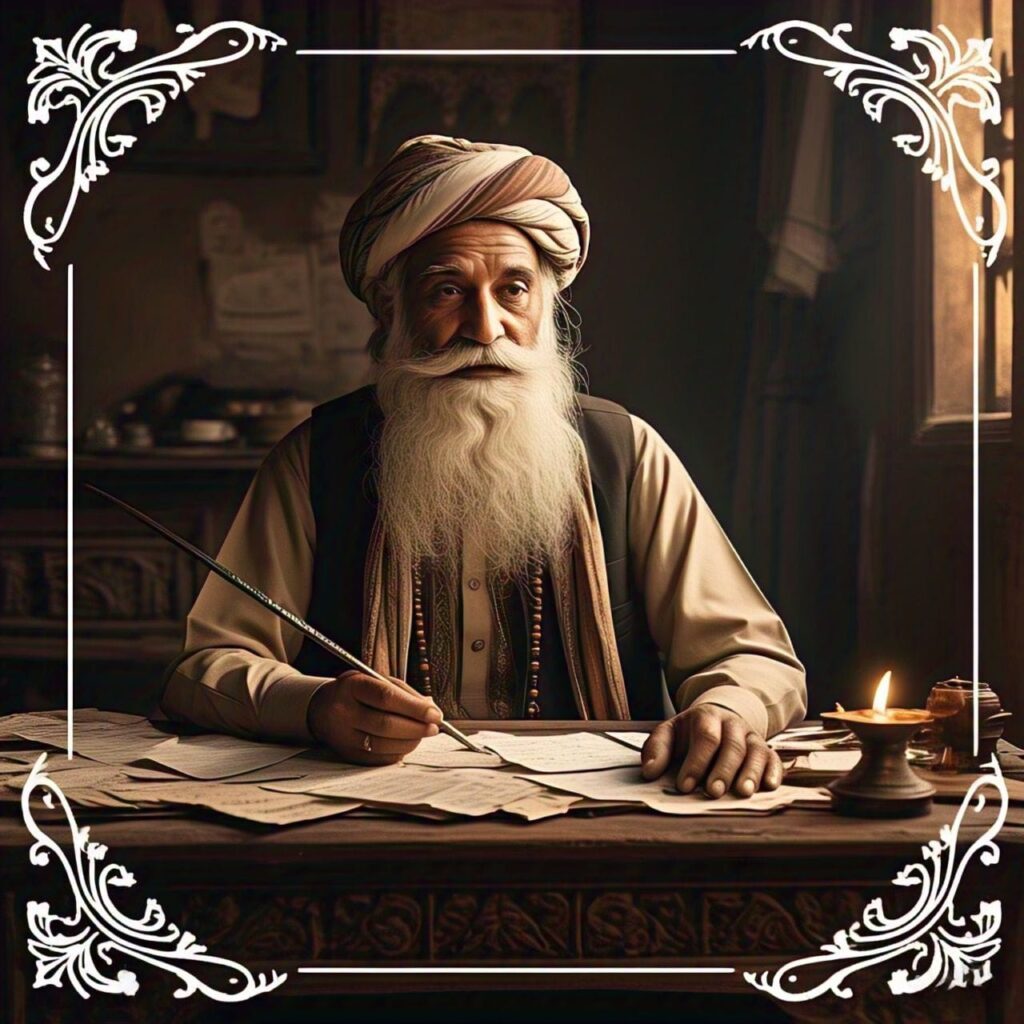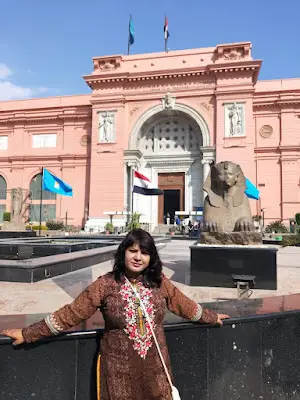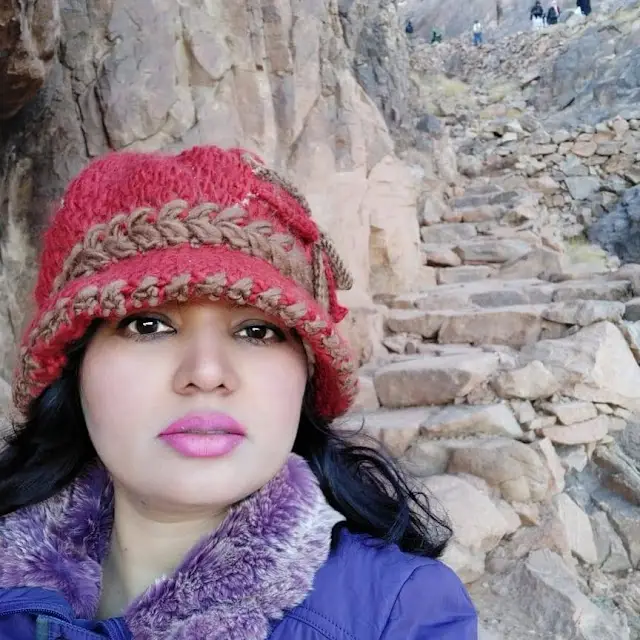World of Urdu Ghazal Shayari A Journey Through Emotions
Urdu Ghazal Shayari is a timeless art form that has touched millions of hearts with its lyrical beauty and profound emotional depth. Known for its intricate rhyme schemes and themes of love, loss, and longing, the Urdu Ghazal is a poetic masterpiece that continues to resonate with readers across generations. In this article, we’ll explore the essence of Urdu Ghazal Shayari, delve into heart-touching Urdu Ghazals, and guide you through some of the best Ghazals in Urdu for love and life.
مُجھے یقین ہے اُس نے بُھلا دِیا ہو گا
مُجھے یقین ہے اُس نے بُھلا دِیا ہو گا
کِسی مَکان کی تنہائی مِیں پڑا ہو گا
mujhe yaqeen hay us ne bhula diya ho ga
kisi makan ki tanhi meen pada ho ga
لگے گی پیاس اُسے جب تو یاد آؤں گی
وُہ اپنی پیاس بُجھانےبھی خُود اُٹھا ہو گا
lage gi piyas use jab to yaad aaon gi
wo apani piyas bujhanebhi khud utha ho ga
جہاں وُہ بولتا تھا شوخ پَن دِکھاتے ہُوئے
وہاں بھی سَر کو جُھکائے وُہ چُپ رہا ہو گا
jahan wuh bolta tha shokh pon dikhate huye
wahan bhi sar ko jhukaye wo chup raha ho ga
فِراق و ہِجْر کی آتش مِیں جَلتی رِہتی ہوں
خُدایا وُہ بھی کِسی رات تو جَلا ہو گا
firaq w hijْr ki aas meen jalti rehti hon
khudaya wo bhi kisi raat to jala ho ga
کِسی کے سَر سے نہ چادَر اُتار اے ظالم!
بَھلا کرو گے تو آگے بھی پھر بَھلا ہو گا
kisi ke sar se na chadar utar aye zaalm!
bhala karo ge to aage bhi phar bhala ho ga
قطار مِیں ہے کھڑی اِک غریب بُڑھیا بھی
امیر دے گا اسے کچھ اگر بچا ہو گا
qatar meen hay khadi ik ghareeb budhiya bhi
amer de ga ise kach agar bacha ho ga
فلک بھی سُرخ مُجھے لگ رہا ہے اے کاجؔل!
زمیں پہ قتل کِسی نیک کا ہُوا ہو گا
falak bhi surkh mujhe lag raha hay aye kajal
zamin pah qatal kisi nik ka huwa ho ga
سمیرا سلیم کاجؔل
اسلام آباد
Sumeira Saleem Kajal (Islamabad)

What is Urdu Ghazal Shayari?
The Ghazal is a poetic form that originated in Arabic poetry but found its true home in Urdu literature. A typical Ghazal consists of sher (couplets) that follow a specific structure, with each line sharing the same meter and ending with a rhyming word (radeef). The themes of Urdu Ghazal Shayari often revolve around love, heartbreak, spirituality, and the complexities of life.
Heart Touching Urdu Ghazals a Soulful Experience
One of the most captivating aspects of Urdu Ghazals is their ability to evoke deep emotions. Whether it’s the pain of unrequited love or the joy of spiritual awakening, heart-touching Urdu Ghazals have a way of speaking directly to the soul. Here are a few lines from legendary poets that continue to move readers:
- Mirza Ghalib:
“Ishq par zor nahi, hai ye woh aatish Ghalib,
Jo lagaye na lage aur bujhaye na bane.”
(Love is that fire, O Ghalib,
Which cannot be ignited or extinguished by force.) - Faiz Ahmed Faiz:
“Gulon mein rang bhare, baad-e-naubahaar chale,
Chale bhi ao ke gulshan ka karobar chale.”
(Let the colors of flowers bloom, let the breeze of spring flow,
Come, so that the garden’s business may flourish.)
Short Ghazal in Urdu Perfect for Beginners
If you’re new to Urdu Ghazals, starting with a short Ghazal in Urdu can be a great way to appreciate its beauty. Short Ghazals often pack a powerful punch in just a few lines, making them ideal for quick reading or sharing. Here’s an example:
“Dil hi to hai, na sang-o-khisht, dard se bhar na aaye kyun?
Royenge hum hazaar baar, koi hamein sataaye kyun?”
(It’s just a heart, not made of stone or brick, why shouldn’t it fill with pain?
I’ll cry a thousand times, why should anyone torment me?)
Urdu Ghazal Love Expressing the Inexpressible
Love is the most celebrated theme in Urdu Ghazal Shayari. The best Ghazal in Urdu for love captures the ecstasy of romance, the agony of separation, and the longing for union. Poets like Mir Taqi Mir, Ahmed Faraz, and Parveen Shakir have penned some of the most exquisite love Ghazals. Here’s a snippet from Ahmed Faraz:
“Ranjish hi sahi, dil hi dukhane ke liye aa,
Aa phir se mujhe chhod ke jaane ke liye aa.”
(Even if it’s resentment, come to hurt my heart,
Come again, if only to leave me once more.)
Sad Ghazal in Urdu About Life Reflections on Existence
Life’s trials and tribulations are a recurring theme in Urdu Ghazals. A sad Ghazal in Urdu about life often reflects on the transient nature of existence, the inevitability of suffering, and the search for meaning. Jaun Elia’s poetry is a prime example of this:
“Zindagi yun bhi guzar hi jaati,
Hum na hote to kya kam hota?”
(Life would have passed anyway,
What difference would it have made if I hadn’t existed?)
Urdu Ghazal in Urdu Text Preserving the Authenticity
Reading Urdu Ghazal in Urdu text adds an extra layer of authenticity and charm. The script’s fluidity and elegance enhance the poetic experience, allowing readers to connect with the original language and its nuances. Platforms like Rekhta offer a vast collection of Ghazals in Urdu text, making it easier for enthusiasts to explore this art form.
Urdu Ghazal Rekhta a Digital Treasure Trove
For those who want to dive deeper into Urdu Ghazals, Urdu Ghazal Rekhta is a fantastic resource. Rekhta.org is one of the largest online repositories of Urdu literature, offering thousands of Ghazals in both Urdu text and Roman transliteration. Whether you’re looking for classical works or contemporary pieces, Rekhta has it all.
Best Ghazal in Urdu for Love Timeless Classics
If you’re searching for the best Ghazal in Urdu for love, here are a few timeless classics to explore:
- “Aah ko chahiye ek umr asar hone tak” by Mirza Ghalib
A profound reflection on love and longing. - “Raat yun dil mein teri khoyi hui yaad aayi” by Faiz Ahmed Faiz
A hauntingly beautiful Ghazal about lost love. - “Mohabbat karne waley kam na honge” by Ahmed Faraz
A celebration of love’s enduring spirit.
Urdu Ghazal Shayari is more than just poetry; it’s an emotional journey that transcends time and space. Whether you’re drawn to heart-touching Urdu Ghazals, a short Ghazal in Urdu, or a sad Ghazal in Urdu about life, each verse offers a glimpse into the human soul. So, immerse yourself in the world of Urdu Ghazal love, explore the treasures of Urdu Ghazal Rekhta, and let the magic of this poetic form enrich your life.



